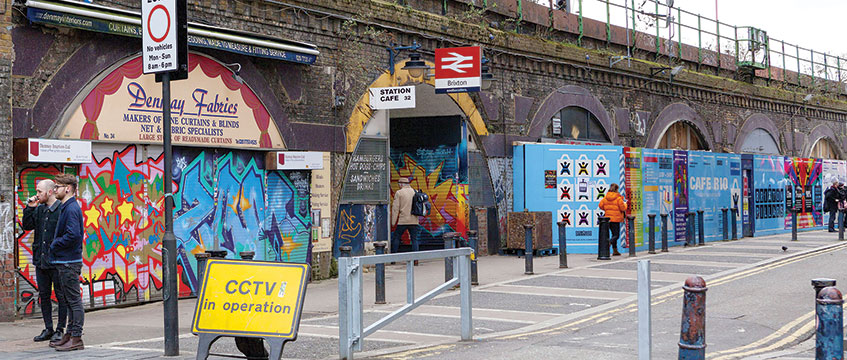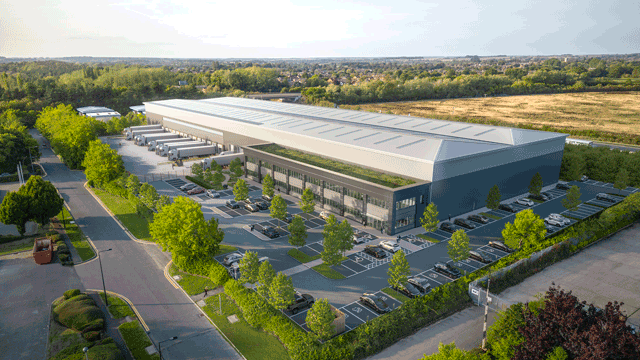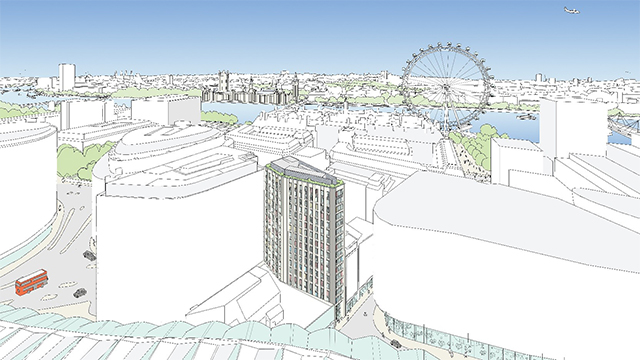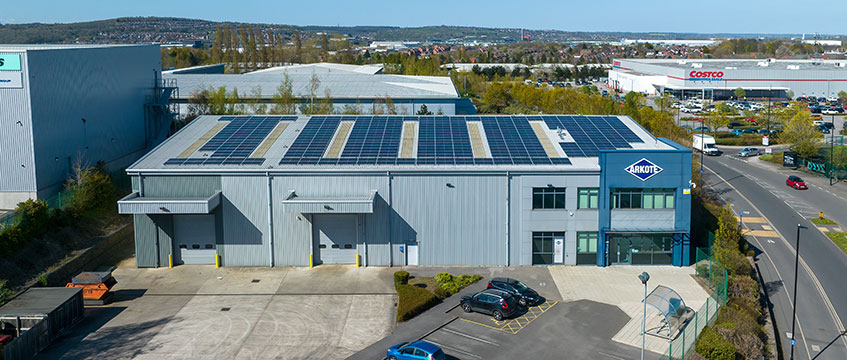COMMENT: There is a rich tradition associated with the UK’s railway arches. Unfortunately, I am one of the many tenants “overlooked” by the Department for Transport when it sold Network Rail’s property portfolios, as concluded by the National Audit Office.
Since few would live beneath an arch by choice, they have long been the kinds of informal spaces enthusiastically taken up by businesses priced out of the local area.
For decades, an eclectic sweep of commercial and non-commercial enterprises, from artists’ studios to boxing gyms, have flourished, imbuing their surrounding areas with a vitality and originality which, ironically, has played a part in accelerating gentrification and raising rent.
But the kinds of businesses typical of these unique spaces also happen to epitomise the ascendant retail model. They are community-based, people-facing and experience-led.
The so-called retail apocalypse claims new victims almost daily — a natural upshot of uniform goods and standardised high streets in the era of Amazon.
But spared by the reaper, indeed, thriving among the chaos, are the very kinds of businesses that have traditionally made their home beneath the arches: boutique clothing stores, artisan kitchens and bakeries, indie music venues.
The future of a sector on its knees lies not in the ubiquitous chain store, but in the one-of-a-kind independent: hungry, flexible and creative
The future of a sector on its knees lies not in the ubiquitous chain store, but in the one-of-a-kind independent: hungry, flexible and creative.
The unconventionality of the arch, which is prone to dampness and darkness (to say nothing of the noise of passing trains) also suits a certain species of business. It reflects the pleasing mess and clutter of the “creative space”, with its highly distinctive character and lack of pretence.
In contrast, a big chain makes for an awkward occupant, like a person overdressed at a party. And for the same reasons that retailers are struggling on the high street, they will struggle under the arch. The ascendant retail model has no place for homogeneity.
Constant and total occupancy, then, is best assured by independent businesses, which set great store by the adaptability and affordability of these spaces.
What’s more, as Francesca Froy of University College London notes in a 2017 article, railway arches have an odd way of attracting “clusters of similar and interrelated activities”.
She points out that the arches in Three Colts Lane and Dunbridge Street in Bethnal Green, east London, accommodate no less than 19 local firms renting out and repairing taxis. Through critical mass, clusters such as this, having had a multiplier effect, attract a large number of customers over time.

Meanwhile, the flexibility typical of the kinds of businesses that occupy railway arches assures a kind of perpetual small-scale revolution.
While chain businesses are by their nature slow to adapt and evolve, small businesses have no such trouble. In fact, in most cases, small businesses change by choice as their owners arrive at new ideas, experiment with new products, or adapt to the needs and wants of their clientele.
The large, open fronts give rise to conversation and collaboration between independent owners which, in turn, inspires innovation and healthy competition.
This entrepreneurial endeavour promises an ongoing novelty which gives personality to the local area and choice to its residents: unlike industrial estates, arches may be found deep within residential areas.
Thus, commercial activity, with its hustle and buzz, comes to the neighbourhood but in a form markedly different to that found on the high street.
Blackstone, the new custodian of the arches, has faced criticism. As the world’s largest private equity firm, it has been accused by the United Nations of contributing to the global housing crisis and “wreaking havoc” in communities, allegations it denies.
Regardless, here it has an incredible opportunity. It can play a major role in a revolution that is only in its infancy. Merely by leasing these spaces to small and independent businesses at affordable rates, it can bring progressive, 21st-century retail to the public while keeping with tradition.
In doing so, it will accelerate a natural and positive shift in consumer habits. And, perhaps more importantly, the reverberations from such a choice will rejuvenate entire communities, animate wider economic activity and bring energy and originality back to urban life.
Dave Rigby is owner of Three Rivers Distillery in Manchester, arches tenant and member of Guardians for the Arches











